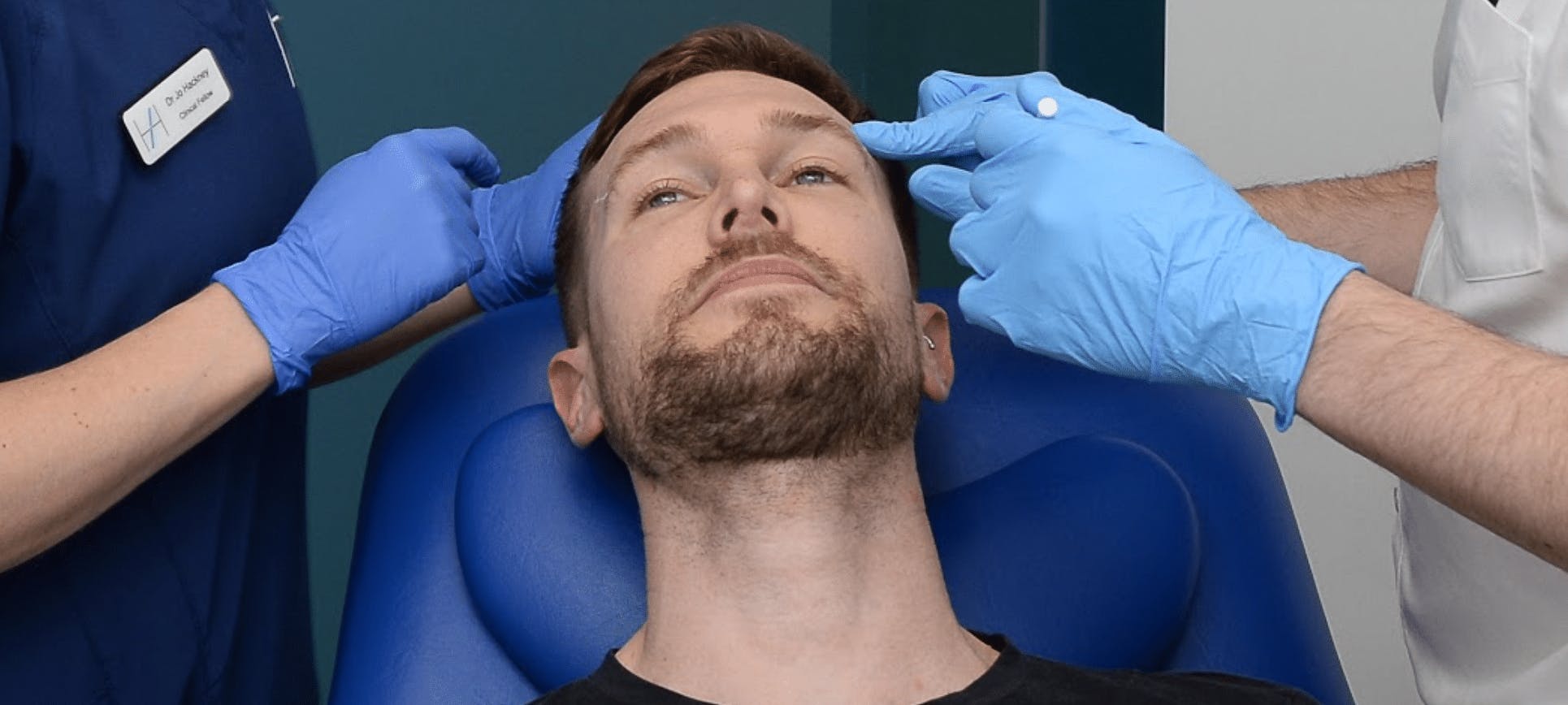The Realities Of Complications Management in Aesthetic Medicine

Preventing complications from dermal fillers is always a popular topic among aesthetics students. However, understanding the realities of complications management is just as important. No matter how experienced or skilled the injector, complications happen and it’s vital to know how to react when they do.
Dr Joanna Hackney is a senior clinical trainer at Harley Academy and practising aesthetics specialist at STORY Marylebone. We asked her about her first experience dealing with a dermal filler complication and what her advice is for new injectors learning about complications management…

What was the first complication you had to deal with?
Dr Jo: The first time I managed a serious complication was thankfully when I was more experienced in the field of aesthetics and had good support from senior practitioners at the time. The complication was managing a patient who was not treated initially by myself, who presented some months post-lip filler treatment with inflammatory delayed onset nodules (DONs), likely secondary to a viral infection.
How do patients tend to respond to complications?
Dr Jo: My patient was very understanding and compliant with all my management and treatment plans, however as clinical lead – managing complications more frequently – I can safely say this may not always be the case! In these instances, go back to the principles of communication you learnt in your medical training and use these to develop a rapport with patients.
Always remember that they’re presenting for a luxury treatment at a high cost and, despite signing a medical consent form, do not expect adverse events, unwanted side effects or complications.
In my experience, most patients who do suffer from complications generally feel very grateful that they chose to have treatments with a medical professional who is capable of managing such events.
How did managing your first complication affect you psychologically?
Dr Jo: Prior to pursuing a career change into aesthetics I trained as anaesthetist, where the “stakes” are a lot higher, so I didn’t feel particularly psychologically affected by this event. However, this was also helped by the fact that I was not the original treating practitioner and by the support network I could utilise if required.
For me, the biggest challenge was the jump between the two professions, in terms of public versus private sector medicine and how to adapt my communication and approach to patients.
What advice would you give new aesthetics practitioners about managing complications?
Dr Jo: My advice to new aesthetics practitioners dealing with complications is to build and utilise a support network, to not be afraid to ask for help and to be prepared to adapt your approach to communication in-line with the nature of aesthetics services – luxury treatments for patients who can often have high expectations.
All information correct at the time of publication
Download our full prospectus
Browse all our injectables, dermal fillers and cosmetic dermatology courses in one document
By submitting this form, you agree to receive marketing about our products, events, promotions and exclusive content. Consent is not a condition of purchase, and no purchase is necessary. Message frequency varies. View our Privacy Policy and Terms & Conditions
Attend our FREE open evening
If you're not sure which course is right for you, let us help
Join us online or in-person at our free open evening to learn more
Our Partners













STAY INFORMED
Sign up to receive industry news, careers advice, special offers and information on Harley Academy courses and services

